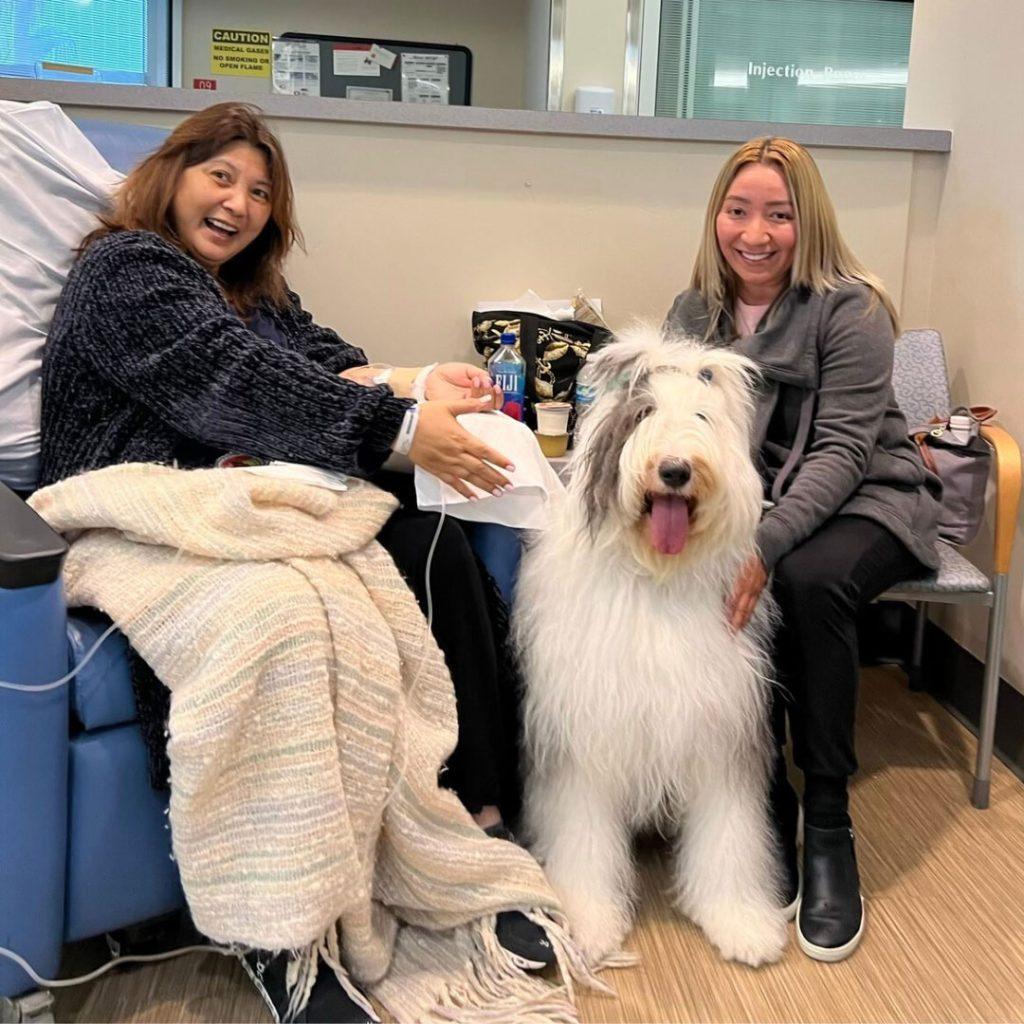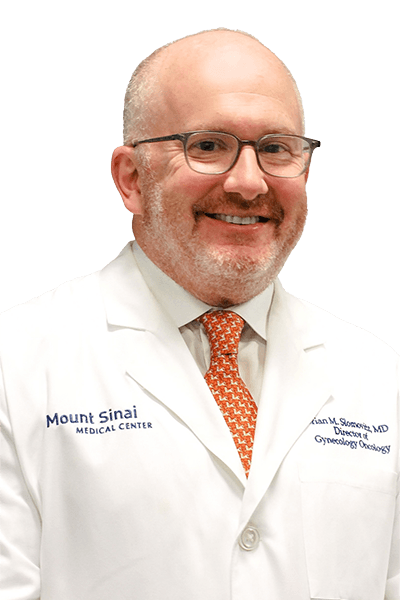From diagnosis to recovery, one woman’s journey with cervical cancer proves that even advanced stages can be overcome
At the end of October 2023, Maria Cristina Mitchell’s life changed overnight. Irregular, postmenopausal bleeding, weakness, and dizziness led her to Mount Sinai’s emergency room. “I was alarmed,” she recalls. She was immediately seen by the emergency department team, who performed a pelvic exam, CT scan, ultrasound, and ultimately, a biopsy.
According to studies, heavy vaginal bleeding is a frequent concern in emergency departments, accounting for approximately 5% of all visits. Of these cases, around 1% are linked to life-threatening emergencies. Nearly one-third of women will experience abnormal vaginal bleeding at some point in their lives, and many of these individuals seek care in emergency settings. This type of bleeding is typically a symptom of an underlying condition. For Maria Cristina, that condition was cervical cancer.
“They suspected cancer early on but needed confirmation from the biopsy,” she remembers. After spending three days in the hospital, Maria Cristina was sent home to await her results. A few days later, she was diagnosed with Stage IIIC cervical cancer. “It wasn’t a shock, it was a nightmare,” she says.
Her journey through treatment began at Mount Sinai under the care of a skilled team. Upon her arrival, an emergency room doctor admitted her for further workup with Dr. Larry Goldenberg, an OBGYN at Mount Sinai, who performed a vaginal mass biopsy and ordered a blood transfusion due to the severity of her bleeding. He also consulted Dr. Brian Slomovitz, the Director of Gynecologic Oncology at Mount Sinai’s Comprehensive Cancer Center, to plan her next steps.
Cancer was not new to Maria Cristina—her mother had battled metastasized uterine cancer. With a family history of gynecological cancers, Maria Cristina knew the fight ahead would be tough. But Dr. Slomovitz gave her hope. “He walked me through the entire process—chemotherapy, radiation, and eventually immunotherapy. I felt very comfortable with him and trusted his advice,” she says.
Her treatment regimen was grueling but effective. Over 12 weeks, she underwent chemotherapy alongside 25 days of daily radiation. She also underwent brachytherapy, an internal radiation treatment where a radioactive implant is placed near the tumor. “That was hard, but I had to make myself brave,” she admits. “Now I look back, and I’m glad I was courageous. I feel better, I feel normal again, and my hair is growing.”
Maria Cristina is currently on immunotherapy maintenance, receiving Keytruda (pembrolizumab) every six weeks since May 2024. Dr. Slomovitz explains that cervical cancer remains a deadly disease and how new discoveries in immunotherapy have been crucial to her treatment plan. “We’re constantly incorporating what we’re learning from ongoing studies to provide the best care for our patients. One of the exciting things about Cristina’s treatment is that we used information that was just reported on this year and integrated it into her care plan.”
Throughout her journey, Maria Cristina found strength not only in her medical team but also in the support and care from everyone at Mount Sinai. “I love everyone at Mount Sinai—the doctors, the nurses, even the one who pushed my wheelchair. They’re all so positive, accommodating, and friendly, like family,” she shares. “I even told them, ‘I missed you guys!’”
Originally from the Philippines, Maria Cristina has lived in Miami since 2002. Outside of her work as a personal assistant, she enjoys swimming, biking, and going to the gym—activities she’s looking forward to resuming as she continues her recovery.
Cristina Maria’s journey through treatment is one of resilience and faith. Thanks to the dedicated care of Mount Sinai’s comprehensive multidisciplinary team and the latest advancements in cancer treatment, she is grateful for each new day and holds hope for the future. She encourages other women facing similar challenges to stay optimistic and trust both the process and their care teams.
“There will be hard and painful days—you feel weak and have no appetite, but keep on,” she shares. “Prayers are also super powerful, and keeping your spiritual belief that you will get better. Lastly, the most important thing is having your loved ones close, using their love as your strength and hope to get stronger, healthier, and to live longer.”
For more information about our Comprehensive Cancer Center, please click HERE.
13
Sep
2024

Patient Story: Maria Cristina Mitchell
- Mount Sinai Medical Center (Main Campus)
- 305.535.3464
Larry Goldenberg, MD, MBA, FACOG
- Obstetrics and gynecology
- Mount Sinai Medical Center (Main Campus)
- 305.674.2655
- Mount Sinai Primary & Specialty Care Sunny Isles Beach
- 786.274.8105



